A Healthier Mouth = A Healthier Heart?

OUR BODIES ARE ECOSYSTEMS where a change in one area affects other areas. This connection is becoming clearer as scientists continue examining the links between oral health and cardiovascular health. Recent studies suggest that taking care of your gums through great oral hygiene could cut your risk of a heart attack or stroke!
Important Links Between Gum Health And Heart Health
Inflammation caused by gum disease could contribute to an increased risk for heart problems. The mouth is the gateway to the body, and gums that are infected or bleeding provide easy access for bacteria to get into the bloodstream. Once inside, certain types of bacteria cause low-level inflammation of blood vessels without causing a full-blown blood infection. Because of this, treatment is very difficult once the bacteria have become established. The constant low-level inflammation can induce atherosclerosis–the hardening of arterial walls–and lead to blockages.
Mom Was Right—An Ounce of Prevention…
Beyond diet and exercise, it’s hard to know what to do to prevent heart disease. However, gum disease and tooth decay are completely preventable!
- Brush twice daily for two minutes, gently massaging the gums.
- Floss once daily.
- Brush or rinse with water after eating or drinking.
- Don’t miss your regular cleanings and check-ups with us.
As such studies continue, it’s likely more evidence will be found linking gum disease and heart disease. In the meantime, there are already enough reasons to take charge of your oral health! Establishing good dental hygiene habits now and sticking to them will help prevent tooth decay, gum disease and a host of other problems.
Stay Healthy For The People You Love
We’re proud to assist you in your pursuit of comprehensive, lasting health. We look forward to seeing you during your next visit.

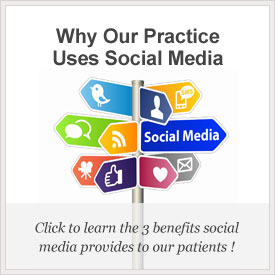





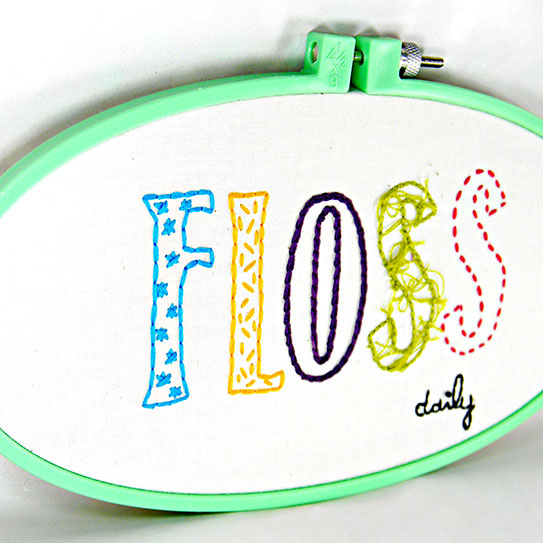
 After trying several of the various options suggested above, if no brand or particular type of floss seems to be doing the trick for you, look into other tools that are designed to help.
After trying several of the various options suggested above, if no brand or particular type of floss seems to be doing the trick for you, look into other tools that are designed to help.

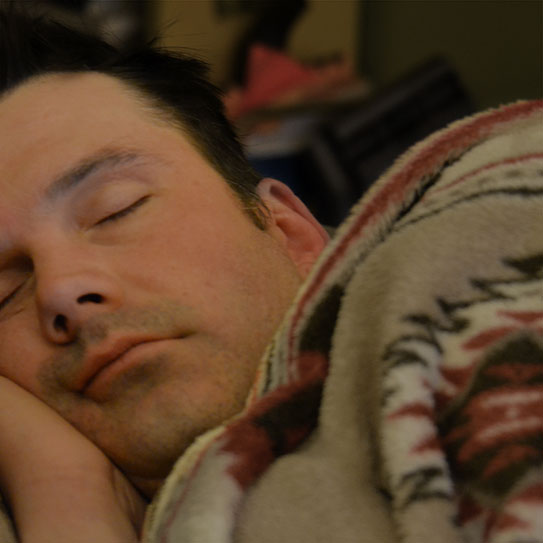
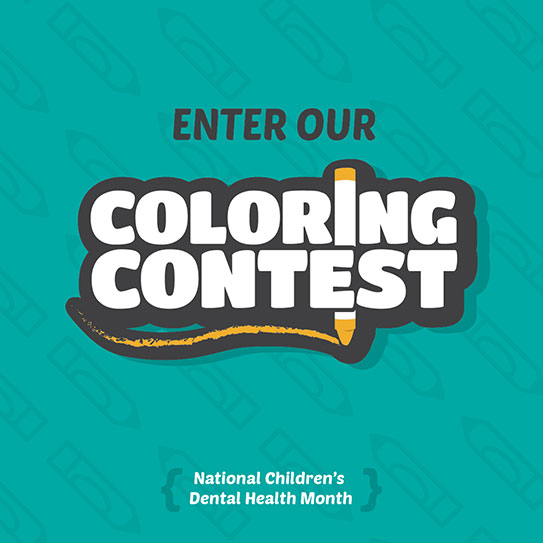


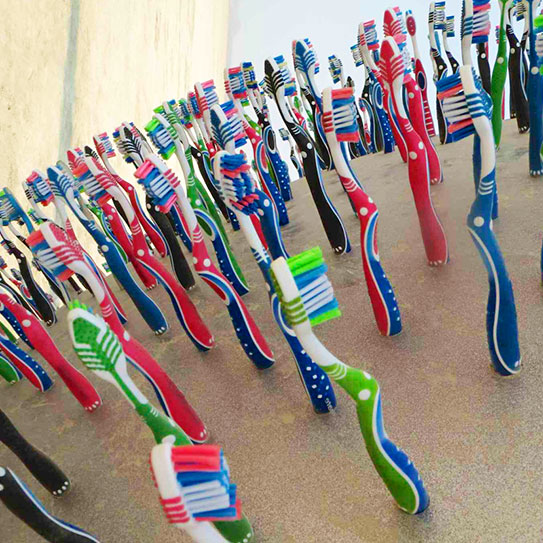
 Take a close look at your toothbrush bristles. Are they frayed? Smashed? Discolored? Kinda gross? It’s time for a new toothbrush.
Take a close look at your toothbrush bristles. Are they frayed? Smashed? Discolored? Kinda gross? It’s time for a new toothbrush.

My daughter and I love going to see Dr Aparna Sadineni and her professional staff. We never have to wait and the staff knows us like a second family. I highly recommend this office!